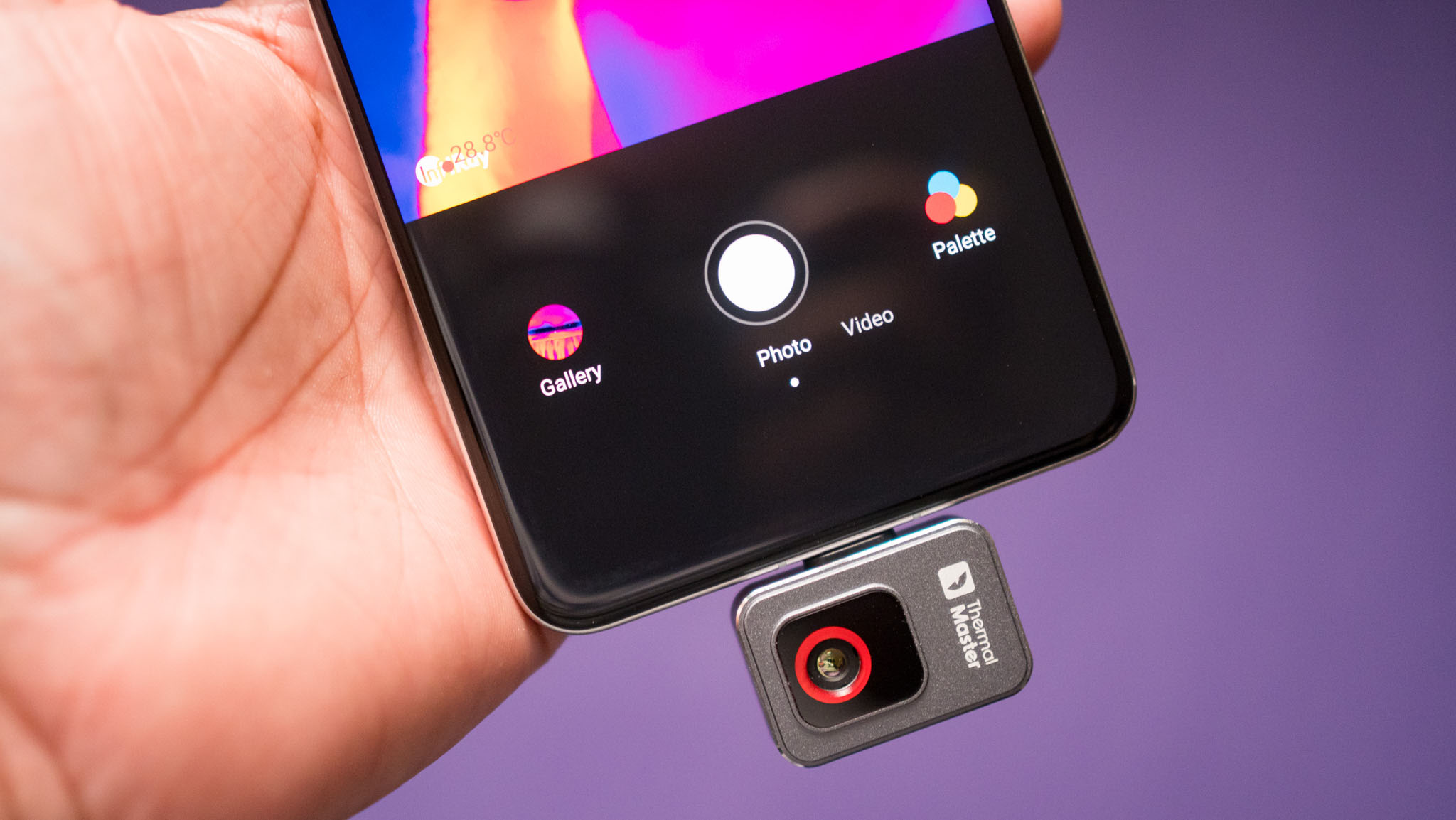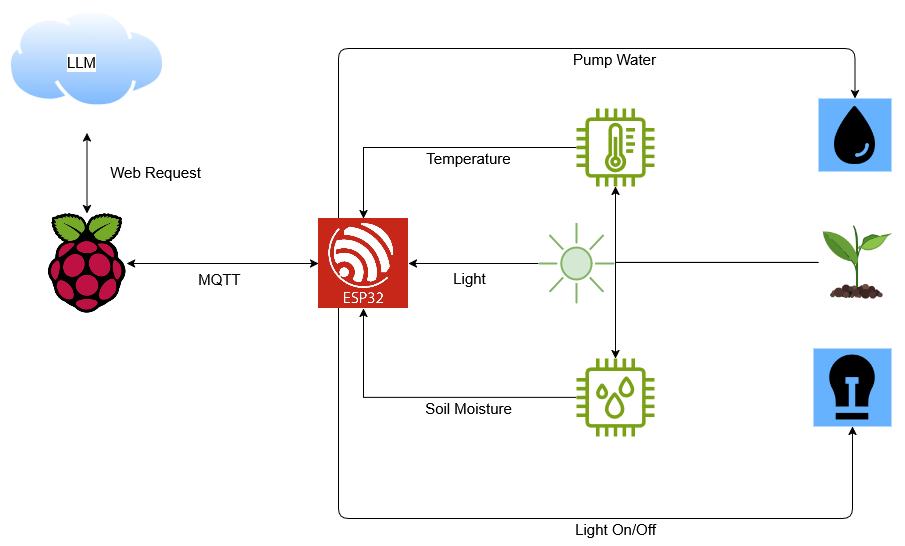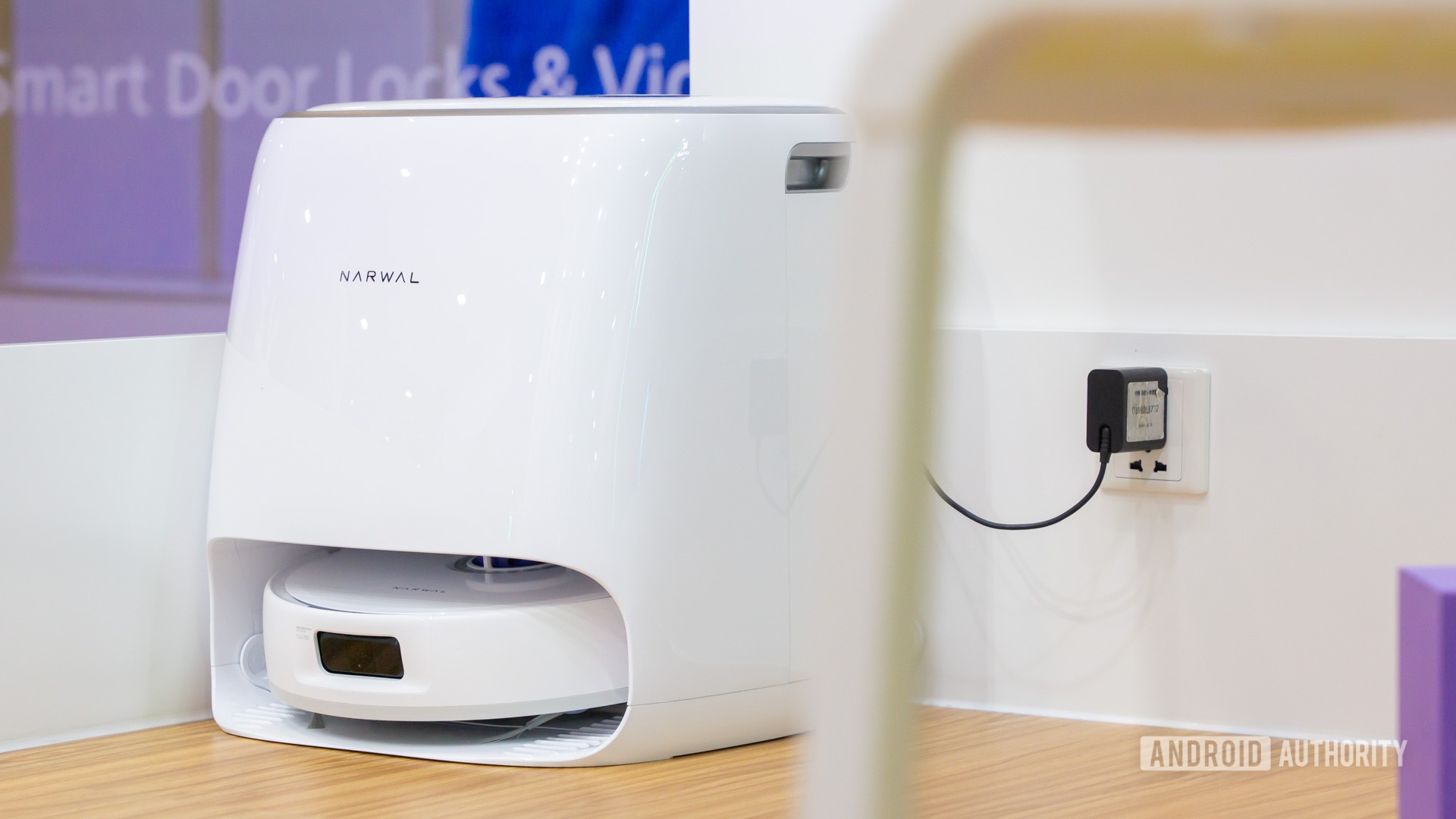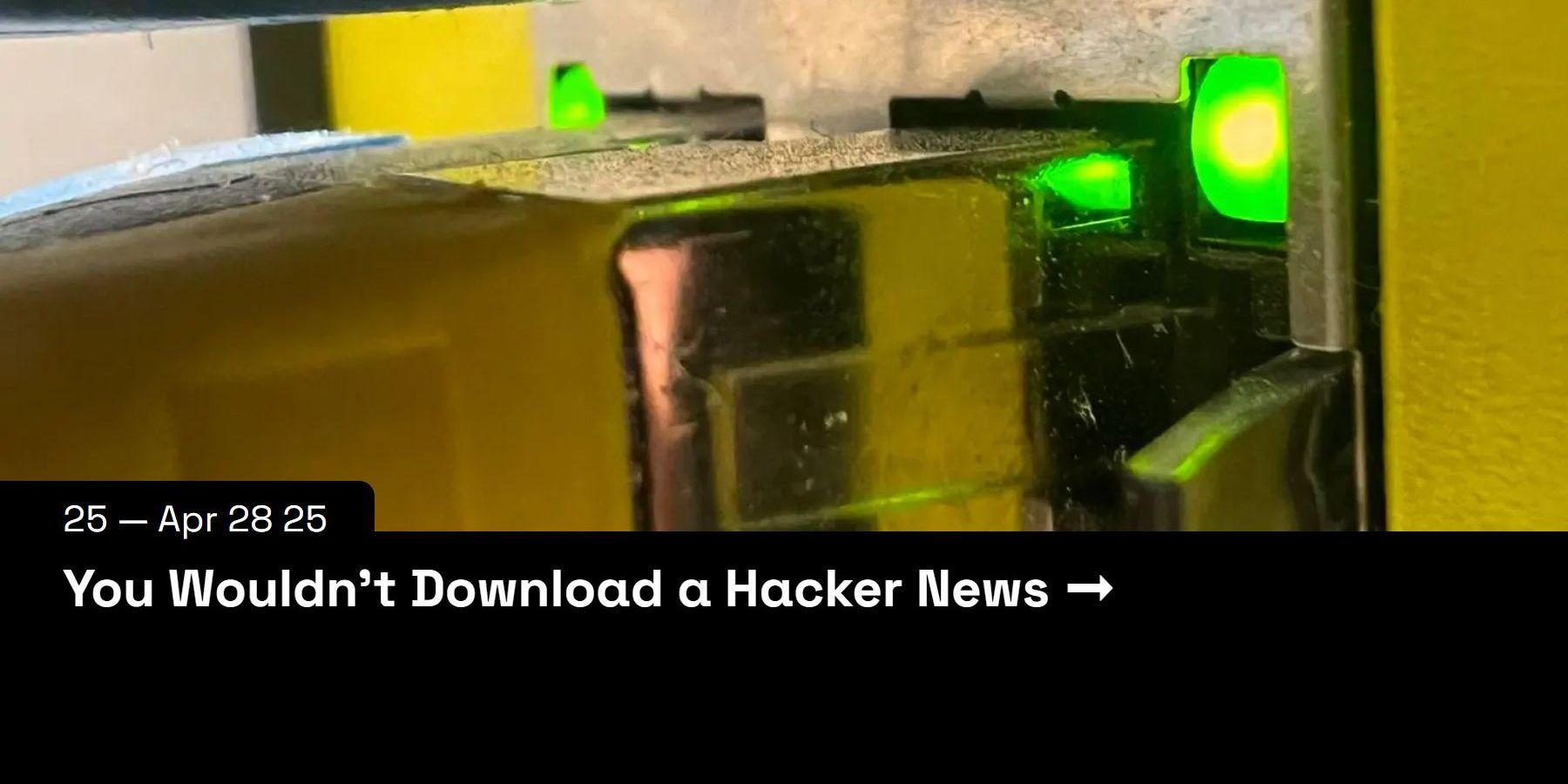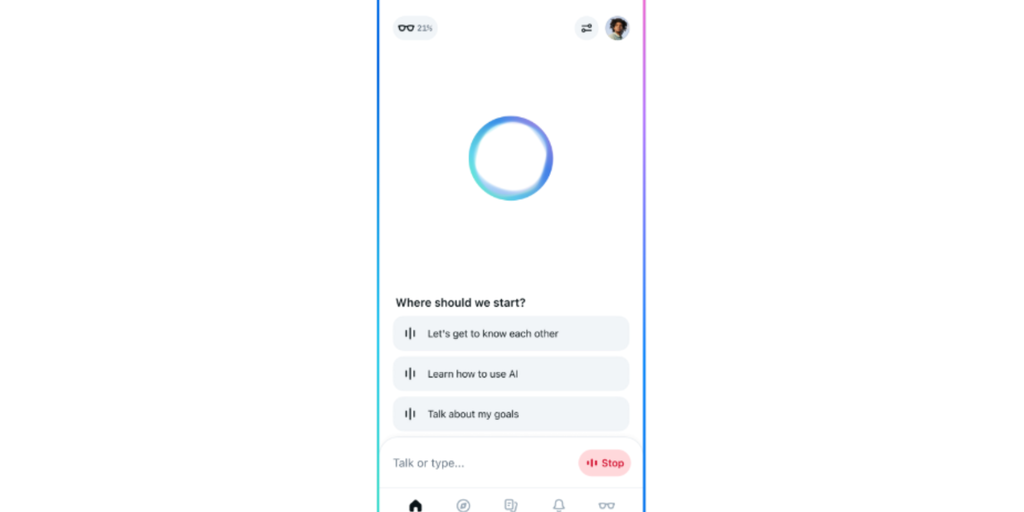Amazon Launches First Batch of Internet Satellites to Compete with SpaceX

In a significant move to enter the competitive market of satellite internet, Amazon has successfully launched its first batch of satellites as part of its Project Kuiper initiative. The company's inaugural mission, dubbed Kuiper-1, took flight on Monday at 7:01 p.m. ET from the historic Cape Canaveral launch site in Florida. This mission, which is pivotal for Amazon to catch up with established players in the industry, was made possible by a United Launch Alliance (ULA) Atlas V rocket, which carried 27 satellites into low Earth orbit.
Shortly after the launch, Amazon took to social media platform X to announce that all Kuiper-1 satellites had successfully deployed into orbit, marking a critical milestone in the project that has been in development for several years. In a follow-up communication, Amazon confirmed that the mission was progressing well, stating, Weve already established contact with all 27 Kuiper satellites in orbit, and initial deployment and activation sequences are proceeding as planned. This prompt feedback highlights Amazons commitment to ensuring the reliability of its satellite constellation.
The deployed satellites are positioned to orbit Earth at altitudes ranging between 367 and 391 miles (approximately 590 to 630 kilometers). They are equipped with advanced technology, including an active propulsion system designed to maintain their altitude amid atmospheric drag. This system features a custom-built thruster developed internally by Amazon, along with a krypton-filled propellant tank, enabling the satellites to stay within an operational range of just 5.6 miles (9 kilometers) from their target orbits.
Project Kuiper is Amazon's strategic response to SpaceX's Starlink, which has already revolutionized internet access by providing high-speed, affordable connectivity to millions worldwide. Amazon faced several setbacks in its timeline, initially aiming for an early 2024 launch of its satellites; however, regulatory timelines have added pressure. Specifically, a 2020 Federal Communications Commission (FCC) authorization mandates that Amazon must launch at least half of its planned satellites by 2026, with the remainder required to be deployed by 2029. Failure to meet these deadlines could force Amazon to seek an extension from the FCC, complicating its entry into the satellite internet market.
Currently, SpaceX is significantly ahead in this domain, having already deployed over 7,000 Starlink satellites and providing internet services to 70 countries. In contrast, Amazon's target includes launching a total of 3,200 satellites to establish its own low Earth orbit constellation. To achieve this, Amazon has secured 80 upcoming launches through various commercial partners, including Arianespace, ULA, and Blue Origin, another venture founded by Jeff Bezos.
Earlier in late 2023, Amazon had already initiated its journey into satellite operations by successfully launching two prototype satellites, KuiperSat-1 and KuiperSat-2, aboard an Atlas V rocket. These test missions demonstrated the satellites' ability to execute controlled maneuvers in low Earth orbit, further validating Amazon's technological capabilities. In an interview with Reuters, Bezos expressed optimism about the competitive landscape, stating, Theres room for lots of winners there. I predict Starlink will continue to be successful, and I predict Kuiper will be successful as well. This statement underscores his vision of a collaborative future in satellite internet, rather than a zero-sum race.











